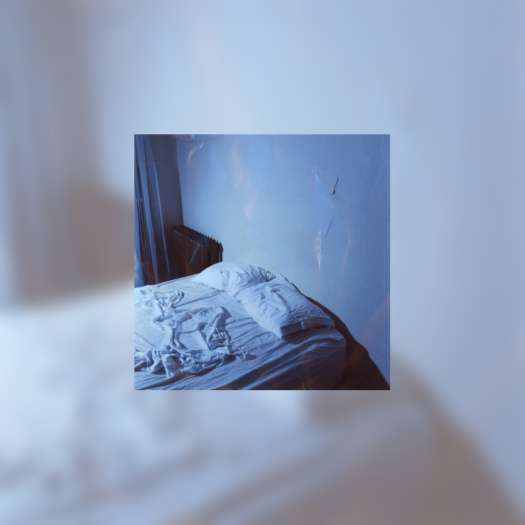This third and likely not final batch of Cans SACD reissues, documents the bands move from the mid-70s into the 80s a period that wasnt too kind to the legendary Krautrockers. They were definitely experimenting as always though, just with less than brilliant results. 1976s Flow Motion begins with a promising start: lead track "I Want More, the bands first real hit single, fiddles with a flashy Euro groove, and still retains their distinct artistic signature. What follows though is nothing short of bewildering and unfocused sound exploration: atypical jamming over reggae beats, tribal wavering and a cracked waltz. Save "I Want More, theres little flow going in the motions here. Saw Delight would be their finale as the original foursome and judging by what they recorded its easy to understand why. Bringing in second drummer Reebop Kwaku Baah and bassist Rosko Gee, theres a definite concentration on new rhythms (Afrobeat, jazz, disco), but aside from the chugging Afro/Teutonic beat of "Dont Say No, Can ventured way in over their heads, traversing musical boundaries they clearly couldnt thrive in. Moreover, the self-titled album is hardly what it says it is, as it falls even deeper into a rut that is as far removed from what fans would expect from Can. Without Czukay on board musically (though he mysteriously "edited the album, according to the liner notes), the original three with Baah and Gee delivered the most uninspired album of the bands catalogue. Though its ripe with cheese that can be humorously engaging at times, the sense that this line-up were merely getting with the times and done with furthering their sound is irrefutable. Aside from the aptly named, unofficial 1978 Can album, Out of Reach, this is as bad as it could possibly get. Rite Time though was a proper reunion album with all four members, as well as with the bands original vocalist Malcolm Mooney, who was back in the fold for the first time since leaving in 1969. Released in 1989, the timing for this may be a little later than desired, but it also gives a sense of how the band were holding up creatively. Its surprisingly listenable and arguably their best album since Soon Over Babaluma, mixing modern European pop with traces of well executed funk, jazz and rock. "Hoolah Hoolah is significant for its rockabilly beat and Mooneys playfully droll lyrics. Delay finds the five-piece together again only 21 years earlier. Extracted from the vaults, it contains some of their first recordings taken from early sessions that reveal hints of their eventual innovations. However, these are clearly outtakes for a reason, as nothing here really stands up to what they would include on their exceptional debut, Monster Movie. Mostly uneasy listening, if youre a die-hard fan its hard not to live without these reissues, but trust me, theyll end up more on your shelf to show off your collection than on your stereo for listening pleasure.
(Mute)Can
Flow Motion/Saw Delight/Can/Rite Time/Delay

BY Cam LindsayPublished Jul 1, 2006



